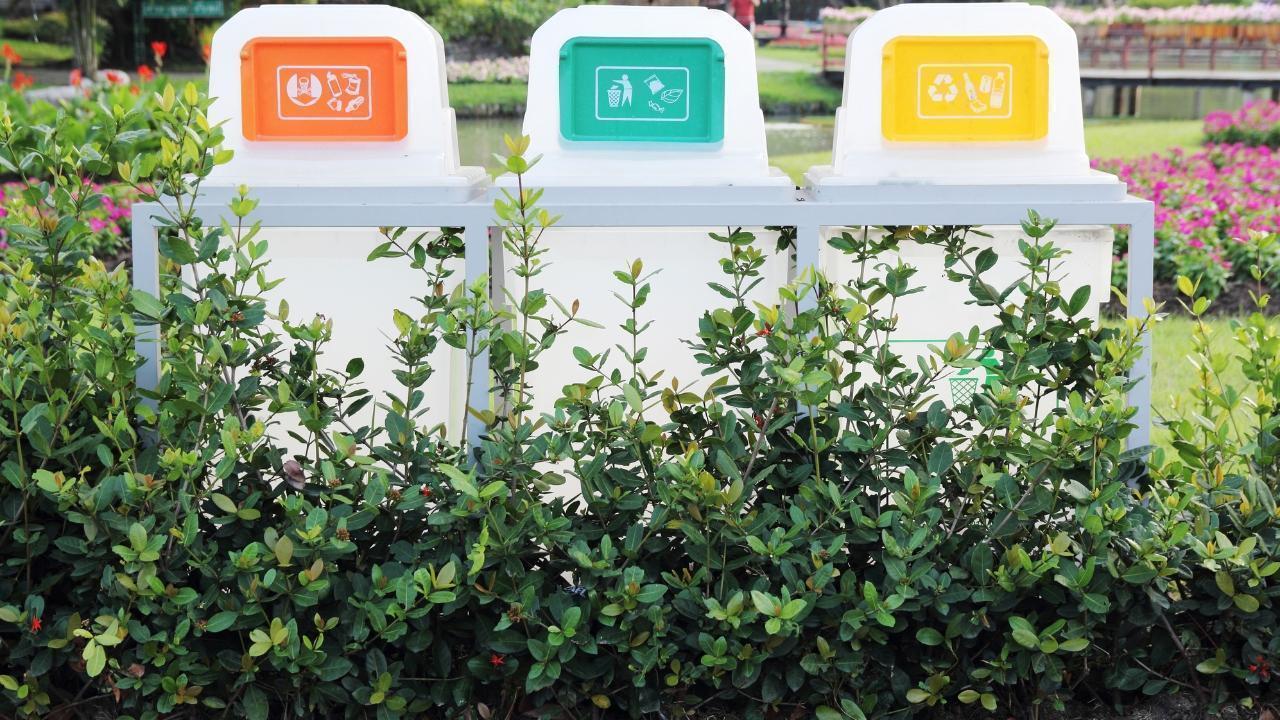
Post by : Monika
Photo: Reuters
Plastic pollution is one of the biggest environmental problems in the world today. Even though many countries are trying to reduce plastic waste, the progress has been slow. Leaders from around the world have come together many times to discuss ways to stop plastic from harming the Earth. But these talks haven’t led to real action yet.
Because of this, more people are now looking at ways we can handle plastic pollution right now. These include improving how we recycle plastic, encouraging people to reuse products, and redesigning plastic items to be more Earth-friendly.
What Is the Plastic Pollution Crisis?
Every year, the world produces over 430 million tons of plastic. A large part of this becomes waste. Much of it is not reused or recycled. Instead, it ends up in places where it causes harm—such as oceans, rivers, forests, landfills, and even in the air.
This pollution is dangerous. Wildlife like birds, turtles, and fish often eat plastic or get stuck in it. Plastic can also break into tiny pieces called microplastics, which can enter the food chain. Even humans are affected. These small pieces can end up in our water and food. Scientists have even found microplastics in human blood and organs.
Once plastic is in the environment, it takes hundreds of years to break down. This means that the plastic we use today will stay in the environment long after we are gone.
Recent Global Meetings and What Went Wrong
Over the last few years, world leaders have tried to create a strong international agreement to fight plastic pollution. They have held meetings and discussions, hoping to make new laws and rules that would help reduce the use of plastic.
But many of these talks have failed to reach a final agreement. Countries don’t agree on what to do or how to do it. Some rich countries want to reduce how much plastic is made. Others, especially countries that produce oil and gas (which are used to make plastic), don’t want limits placed on plastic production.
These disagreements have caused delays. Even though most leaders agree that plastic pollution is a serious problem, they haven’t been able to sign a strong global deal to stop it.
New Focus: Recycling, Reuse, and Redesign
Because global agreements are hard to reach, many people are now focusing on things we can do, right now. These are the "three Rs": recycling, reuse, and redesign.
1. Recycling
Recycling means turning old plastic into something new. This is one of the best ways to reduce waste. But sadly, the current global recycling rate is only about 6%.
To make recycling better, governments and companies need to invest in better recycling centers and sorting machines. People also need to be taught how to sort their trash correctly.
2. Reuse
If more people do this, the amount of new plastic used will go down. Some businesses and cities are already encouraging this by offering discounts or rewards when people bring their own containers or bags.
3. Redesign
Redesigning products means making items in a way that creates less waste or is easier to recycle.
For example:
Many companies are working on better designs that are both useful and less harmful to the environment. But these changes take time and money.
Problems We Still Face
To overcome these issues, we need more support from governments, companies, and communities. Education plays a big part—when people understand the problem, they’re more likely to help fix it.
How You Can Help
Hope for the Future
While it's disappointing that world leaders haven’t yet agreed on a global solution, there is still hope. Many communities, cities, and even entire countries are working hard on local solutions. New ideas and technologies are being tested every day to fight plastic waste.
Kids and young people are also getting involved. Schools, clubs, and youth groups are raising awareness and pushing for change. This new generation understands how important it is to protect our planet.
Scientists, inventors, and artists are coming up with smart ways to reuse materials and create better designs. With more support and effort, we can build a world that uses plastic more wisely and pollutes less.
The fight against plastic pollution is not easy, and recent failed negotiations show just how hard it can be to get the whole world to agree. But we can’t wait for a perfect solution. The Earth needs our help now.
By focusing on recycling, reusing, and redesigning, we can start solving the problem in our everyday lives. These efforts, though not perfect, are important steps in the right direction.
Recycling










Alibaba Cloud Leads China’s AI Market with 36% Share
Alibaba Cloud captured over one-third of China’s AI cloud market beating rivals and investing billio

Cambodia Defends China’s Belt and Road as Economic Lifeline
Cambodia praises China’s Belt and Road projects, calling them vital for growth rejecting claims of d

Portugal Norway England shine in UEFA World Cup qualifiers
Portugal beats Hungary 3-2 Ronaldo scores Haaland shines for Norway, Kane leads England in dominant

PV Sindhu exits Hong Kong Open HS Prannoy Lakshya Sen win
PV Sindhu loses early at Hong Kong Open HS Prannoy and Lakshya Sen advance in tough battles India's

Iran Signs New Cooperation Deal with UN Nuclear Watchdog in Cairo
Iran agrees to a new framework with UN nuclear agency resuming controlled inspections after June’s c

Syrian man found guilty for deadly festival stabbing in Germany
A Syrian man inspired by IS was convicted for stabbing people at a German festival, killing three an